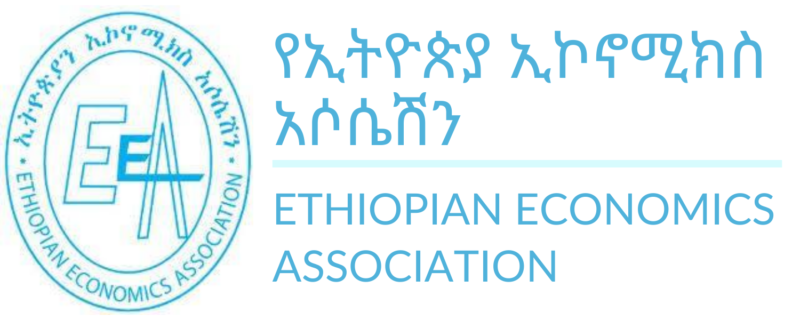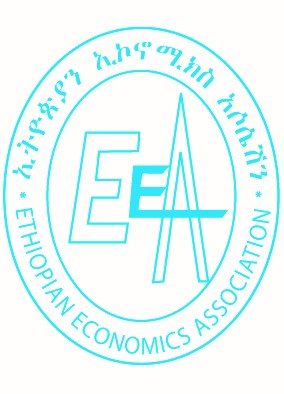EXECUTIVE SUMMARY
During the last few decades, significant attention has been given to the development of small and medium scale enterprises in developing countries because of their potential for diversification and economic transition as well as job creation. Micro, Small- and Medium- Enterprises (MSMEs) are also extremely important to achieve Sustainable Development Goals (SDGs) and to empower women in developing economies. Currently, MSMEs in Ethiopia are becoming important vehicles in creating job opportunities for millions of unemployed youths. This study was conducted primarily to examine the sustainability of women owned MSMEs and its determinants in Ethiopia’s hospitality and manufacturing industries. The study covered five major areas with regards to sustainability of the MSMEs: changes in human resources of the survived MSMEs, the changes in services and products diversification; changes in income/revenue generation over the last few years; and changes in asset and capital formation. Key determinants of
survivorship of MSMEs owned by women in the manufacturing and hospitality industries were examined as well as major challenges and gaps associated with the potential to grow and thrive. The study was conducted in five major cities of Ethiopia including Addis Ababa, Hawassa, Bahir Dar, Jima and Dire Dawa. The required data were generated from both primary and secondary sources. As to the primary source, information was collected from relevant survey of MSMEs using structured questionnaire and qualitative data through focus group discussion and key informant interviews. The study employed cross sectional design, with both qualitative and quantitative approaches. Data were collected from a total sample size of 564 eligible MSMEs from the five cities out of the planned sample size of 600, resulting in 94 % response rate. Random selection was used from the available MSMEs. The study measures sustainability in terms of five distinct but interdependent variables: Service diversification, income/revenue growth, changes in human resources and amount of increase in capital and assets. The five outcome variables were measured by subtracting the reported amount at the establishment time from the current amount reported at the survey period. Due to the categorical nature of the five outcome variables, binary logistic regression was used to examine the key determinants. More than half of the MSMEs were aged 3-5 years (56.9%), 37.6% of them were aged 6-10 years and only 5.5% of the MSMEs were functional for more than a decade. A little more than half (52.7%) of the MSMEs were deemed to be “small”.
ii The distribution of the MSMEs by sector indicates dominance of manufacturingfood (20%), textile and garment design (19.5%) and Tourism and Hospitality (20.7%). Manufacturing – leather, traditional garment and ornaments, and metal works and engineering accounted for smaller proportion of the MSMEs surveyed. More than 60 percent of the MSMEs were reported to be founded by less than five persons, and about 35 percent of them were founded by five to ten people. Close to 90 percent of the MSMEs (n=497) were established by the founder’s own capital. The chance of securing credit from the microfinance/bank and relatives/friends was very low (19% and 11%, respectively). While about 81 percent of the MSMEs were reported to be fully functional, the remaining were partially operational. It was reported that more than 75 percent (n=429) of the MSMEs had work premises rented
from the government.
The study found that a range of variables determine the sustainable growth of women owned MSMEs in Ethiopia. The results of binary logistic regression
analysis indicated changes in profitability was higher for MSMEs with male managers compared to female managers, being medium sized enterprise is more
advantageous in making profit. The number of products and services that enterprises offer is positively impacted by age of the MSMEs, working in traditional garment and ornaments, experience in similar business area before establishing the MSME. The study concluded that being male managers, working in manufacturing -Textile and garment design, and traditional garment and ornaments, operating for greater than 5 days per week, and use of technology increased the likelihood of changes in human resources. On the other hand, change in asset was determined by the level of support the MSMEs got from the government. Whereas the changes in capital were higher for MSMEs with more than 5 years of experience, those in leather, and wood and bamboo, having smaller number of founders (less than 5), those with work premises owned by families, and those with the number of supports received from
NGOs. With regards to challenges, analysis of data from both qualitative and quantitative data witness that most MSMEs are constrained by a range of challenges, which at times tempted their survival. From the quantitative analysis, it was observed that inflation appeared to be the most commonly reported challenge, where about 66.8% strongly agreed to such challenges. About 38.8 percent of the MSMEs strongly agreed to lack of access to working capital, lack of adequate support from concerned stakeholders to enhance financial management. The analysis of the qualitative data indicated that the survival of the MSMEs is challenged by at least five major factors: 1) challenge to get working capital loan due to unattainable.
iii requirement set by financial institutions; 2) the soaring cost of raw materials from time to time and their unavailability and shortage; 3) infrastructural problems related to unsuitable workplace assignment, unavailability and disruption of basic utilities such as electric power, water supply and decent toilet; 4) limited market linkages, and 5) COVID-19 induced disruption of work that resulted in loss of income.
The sustained growth of women owned MSMEs is impacted by a range of variables. Increment in profitability was higher for MSMEs with female managers
compared to male managers, being medium sized enterprise is more advantageous in making profit. The number of products and services that enterprises offer, age of the MSMEs, experience in similar business area before establishing the MSME were also found to have positive effect on profitability of MSMEs. The study concluded that being male managers, working in manufacturing -Textile and garment design, and traditional garment and ornaments, operating for greater than 5 days per week, and use of technology increased the likelihood of increase in human resources. On the other hand, change in asset was determined by the level of support the MSMEs got from the government. On the other hand, the changes in capital were higher for MSMEs with more than 5 years of experiences, for those SMEs which engaged in leather, and wood and bamboo sectors, having smaller number of founders (less than
5), for those with work premises owned by families, and those which received more supports from NGOs.Given the high and increasing cost of raw materials, the concerned authorities should make all efforts in changing the production line that can use affordable raw materials. The MSMEs need investment counseling and support in this regard. In improving the poor market linkages, particularly for those in the design and garment industry, the relevant government office should make all efforts in establishing promising and sustainable linkage between the producers and consumers. Encouraging the use of technology to get into online marketing is an emerging approach which MSEs can benefit from. This could better be accompanied by demand driven trainings and related technical supports, with the intent of fillingin the knowledge and skill gaps of MSMEs owners. The overall findings of the study strongly suggest that sustainability of women owned MSMEs in Ethiopia would largely depend on the country’s ability to significantly reduce the above-mentioned challenges (poor access to finance, technology, workspace, market linkages, input supply and other man-made constraints).


